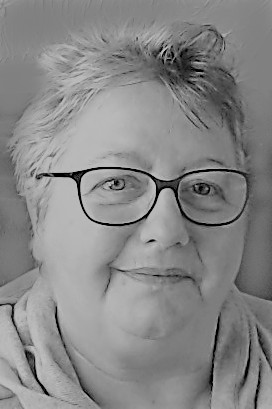Cultural, Economic and Social Inequality
- All cities are culturally, economically and socially unequal
- Culture can be considered as a way of life that includes:
- Language
- Customs - e.g. exchange of business cards in Japan
- Beliefs - e.g. religion
- Particular groups of people - e.g. youth culture
- Multiculturalism is a divisive term and has many meanings
- Essentially it considers the way in which a society integrates cultural diversity, both at the national and at the community level
- Multiculturalism is the notion that society as a whole, benefits from increased diversity through a happy coexistence of different cultures
Issues of diversity
- Economic - unequal distribution of money
- Economic inequalities are higher in LDEs due to lack of funding to support the poorest, whereas HDEs have government welfare that provide basic services and income for struggling citizens
- Health issues are magnified in cities with higher levels of income inequality - malnourishment
- Economic migrants meet labour shortages, but can cause resentment and racial intolerance - this was one of the main reasons for Brexit
- Social - different social groups are spread across an urban landscape and categorised into groups
- In the UK 2/3 of all households are owner-occupiers, however, lending to some types of occupations is less risky than others, and higher earners are able to spend more on mobility – social and work
- People are sorted in urban areas through the price of land
- Segregation can be active, by choice or necessity, and can be positive or negative
- When segregation is very pronounced, ghettos can develop
- People congregate to those they think are the same status –
- E.g. High personal wealth = large, smart homes in desirable locations = segregation and disparity
- Poorest tend to live in cramped or substandard housing, usually in the worst residential areas
- Many have to rent or live in social housing and occupy high density areas, which causes long term issues
- Cultural
- There are a wide mix of people from different ethnic and cultural backgrounds
- Ethnic groups tend to segregate themselves, which can bring mistrust and anger
- Within those groups, further sorting occurs based on their own social class, occupation, religion, ethnicity etc.
Table of Positive and Negative Aspects of Cultural Diversity
| Positive | Negative |
|
Share languages |
Defence Security Insecurity Violence Crime Prejudice Low income Discrimination Cheap housing |
-
- Social segregation can lead to educational inequality, where a school can be dominated by one ethnic group, impacting on the educational attainment of each pupil
- Access to jobs, healthcare, housing and education are limited in some cities, particularly in LDEs, where there is a lack of central funding for services
- Gender inequality - some women require more flexible working as they are the primary carers for young and old family dependents, others are excluded from the workplace or limited in access to education due to cultural traditions

